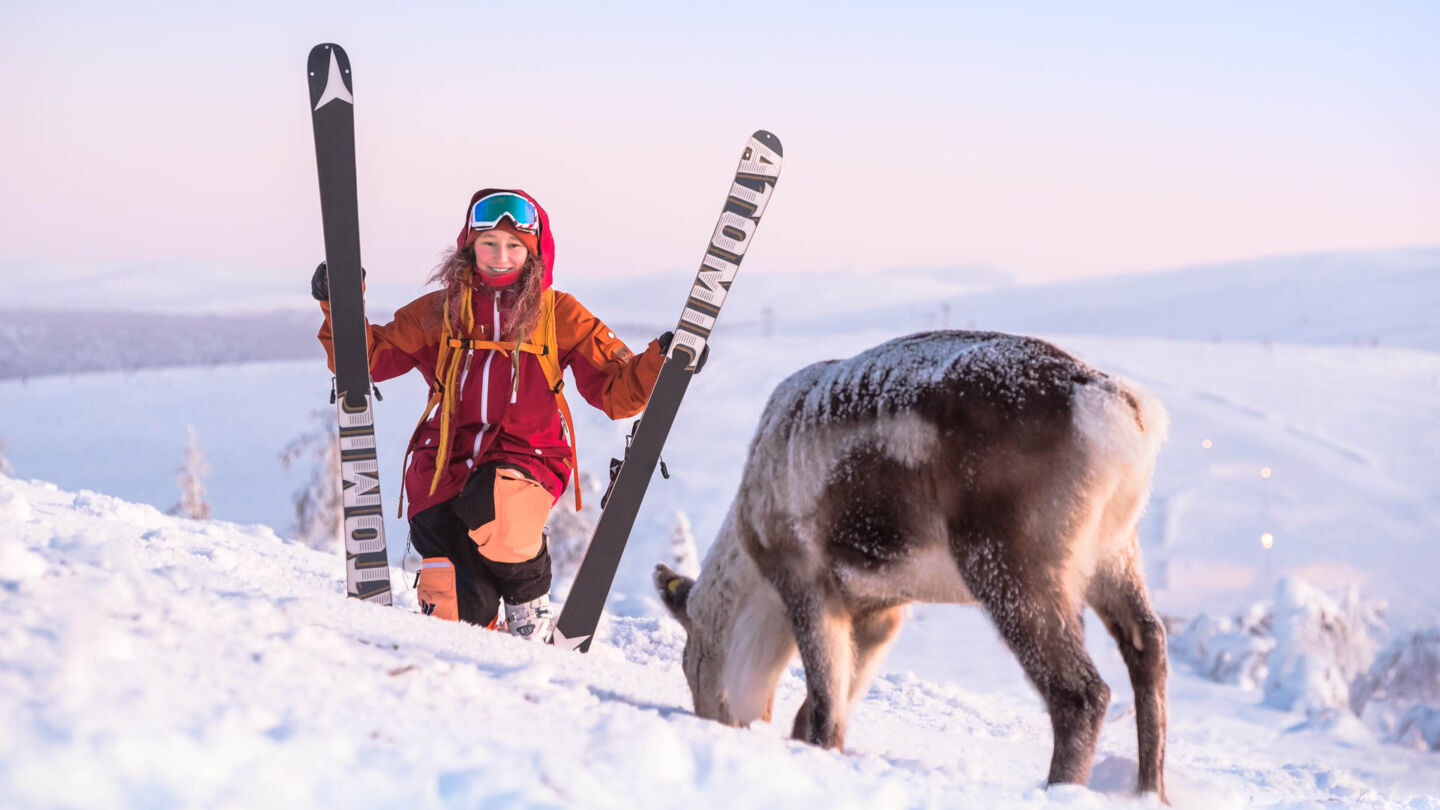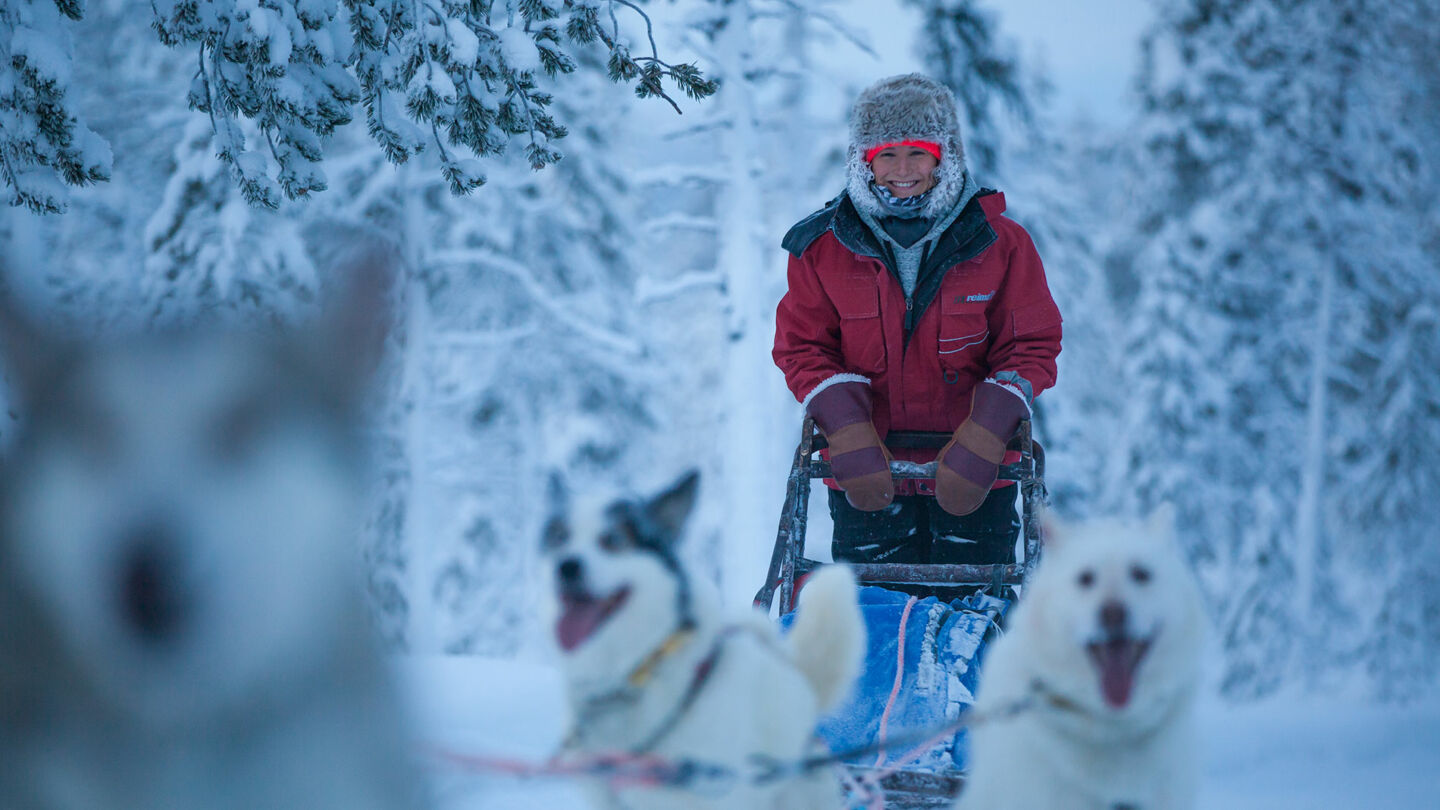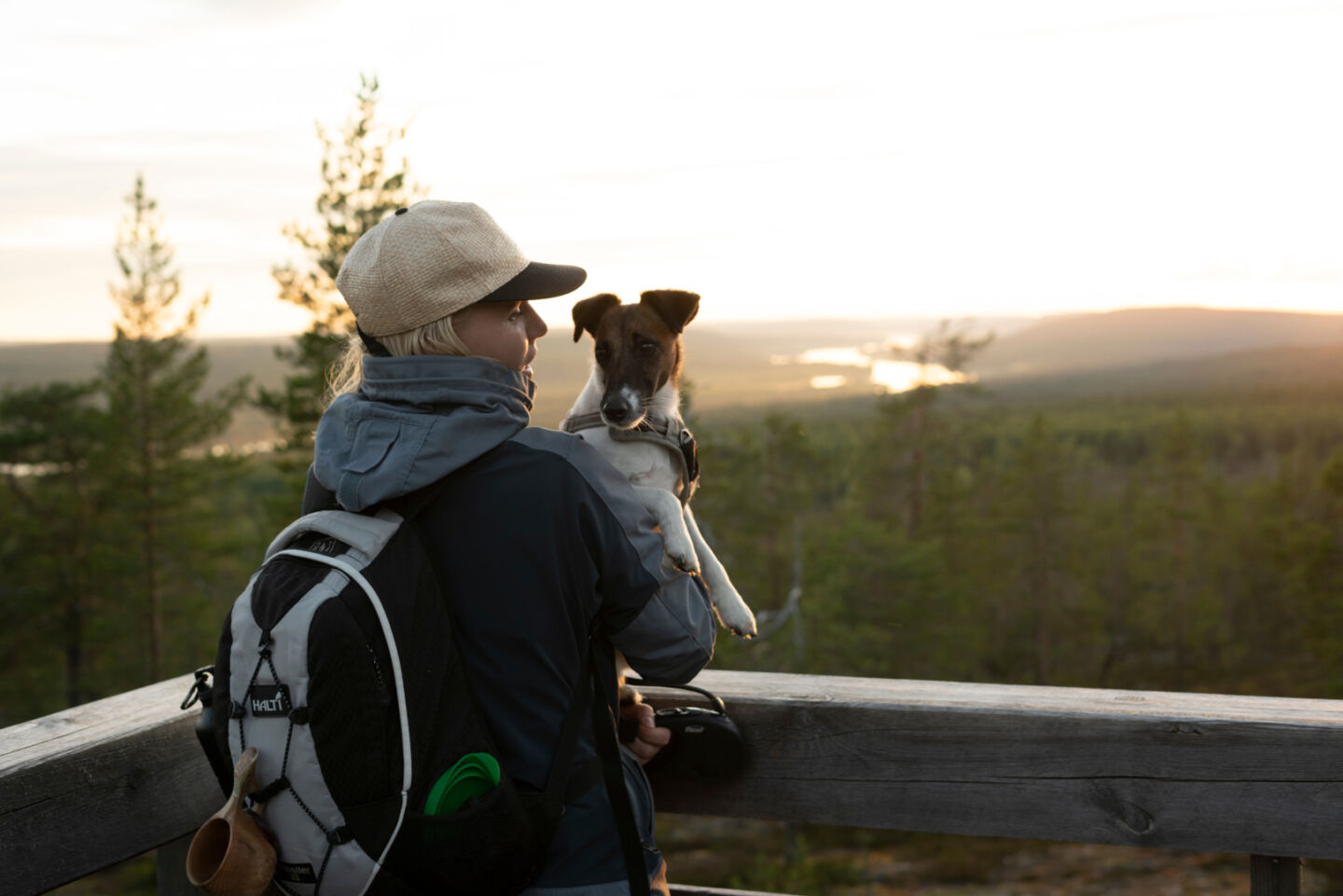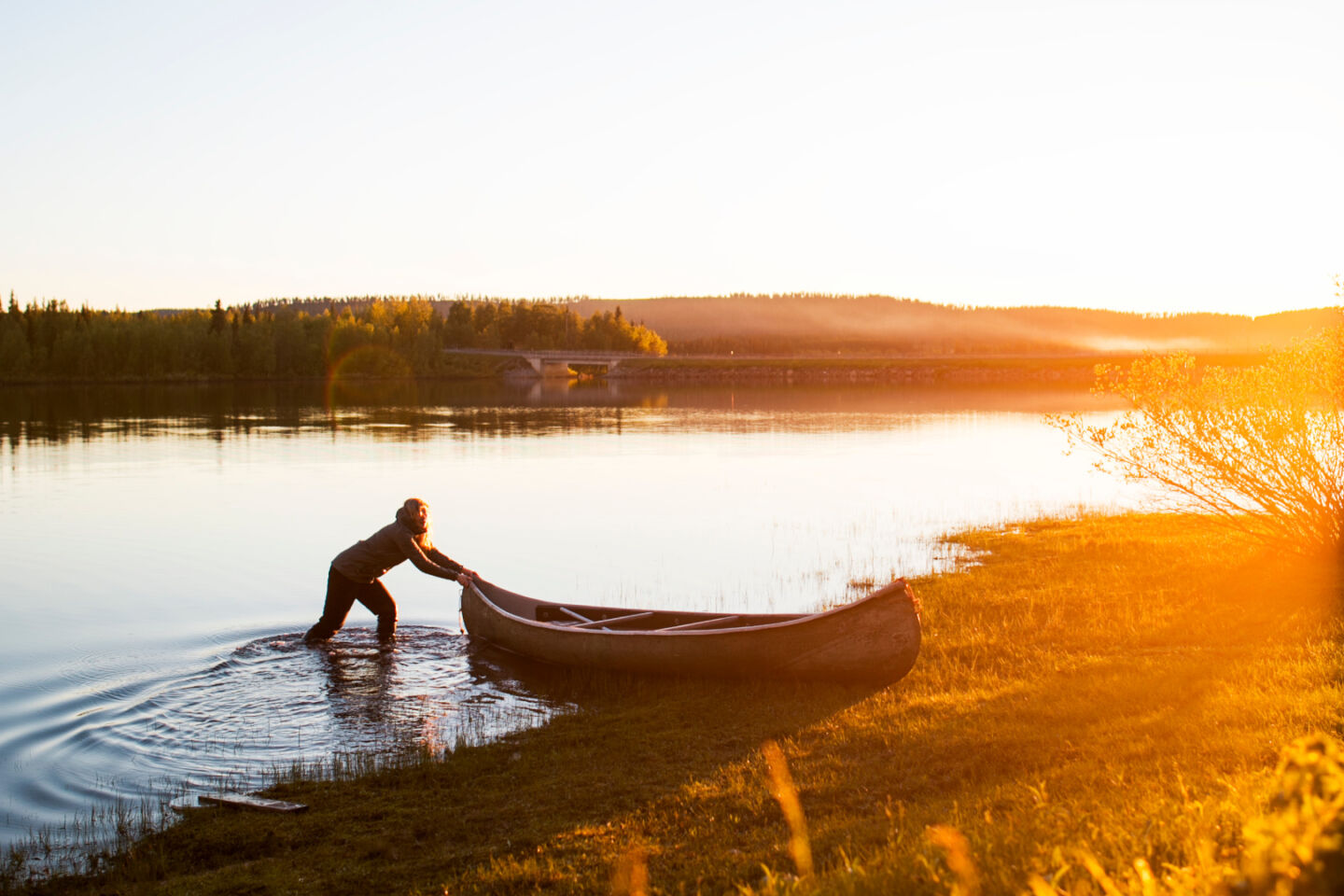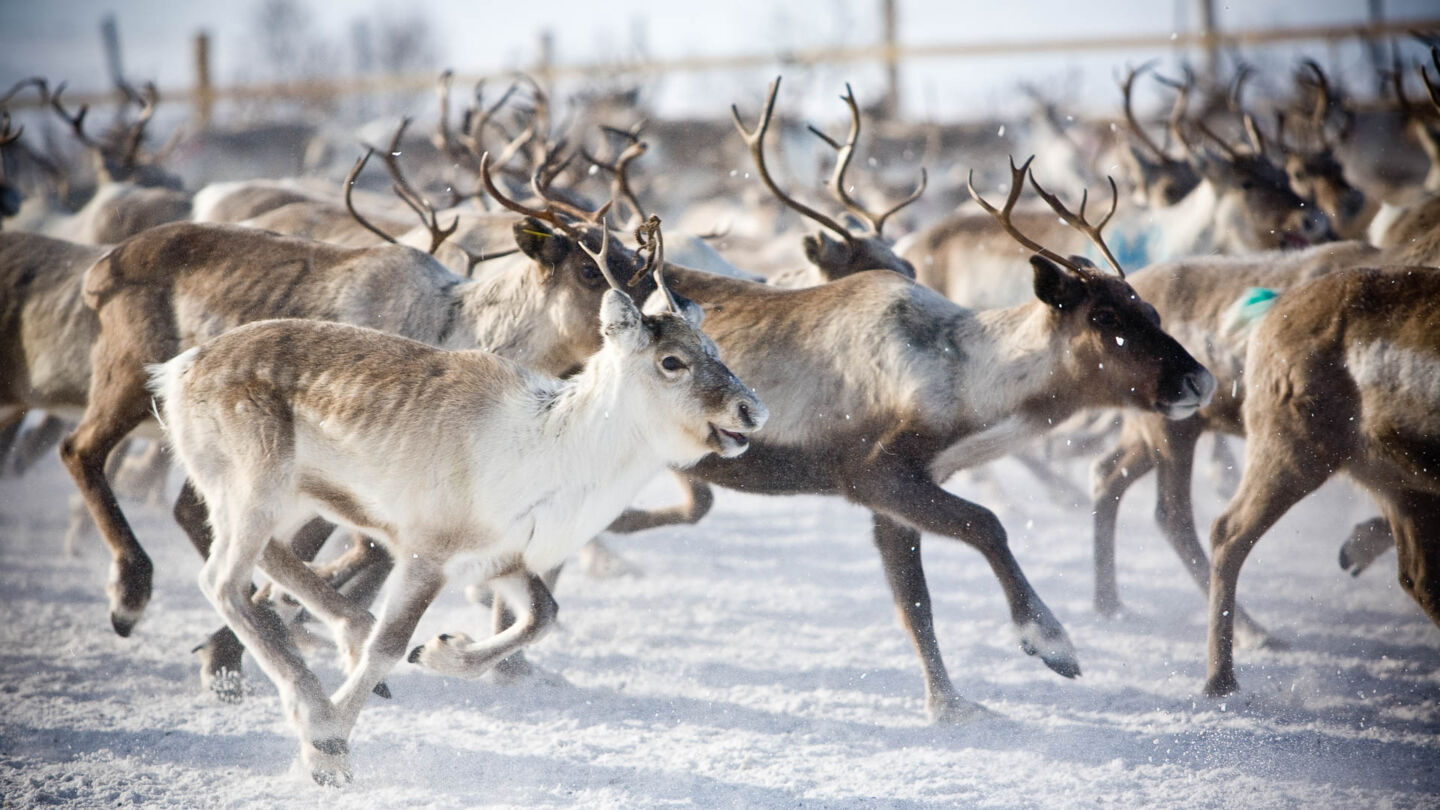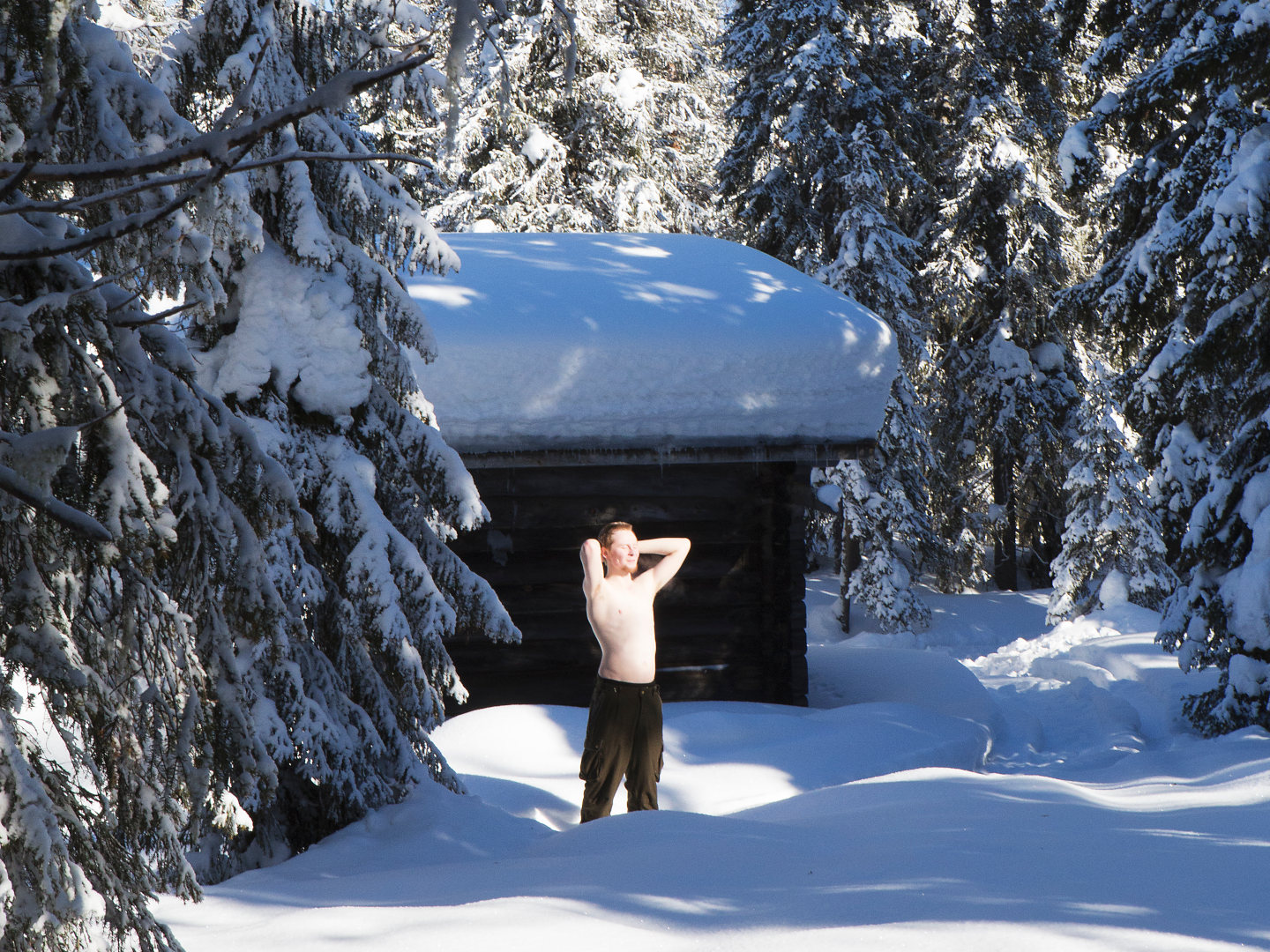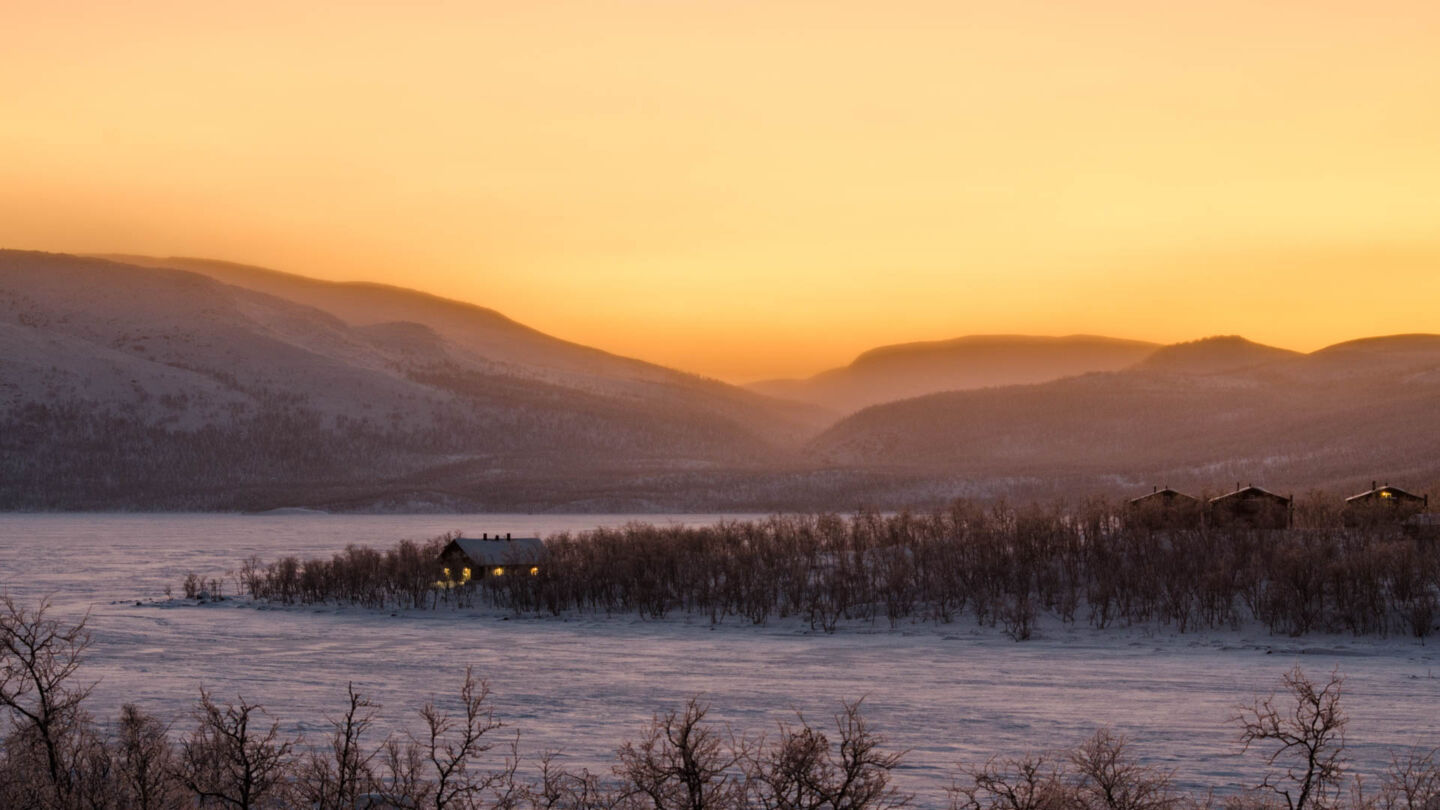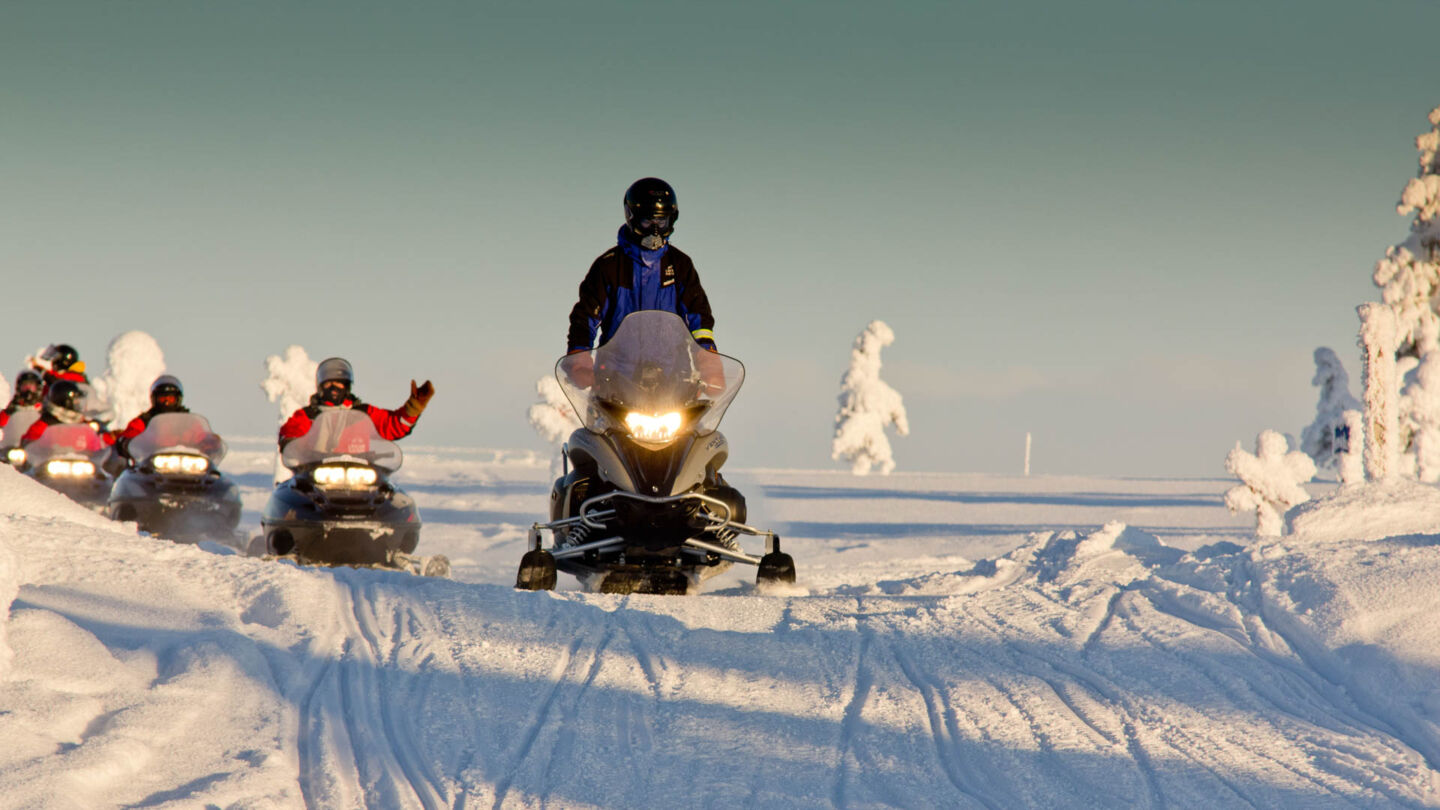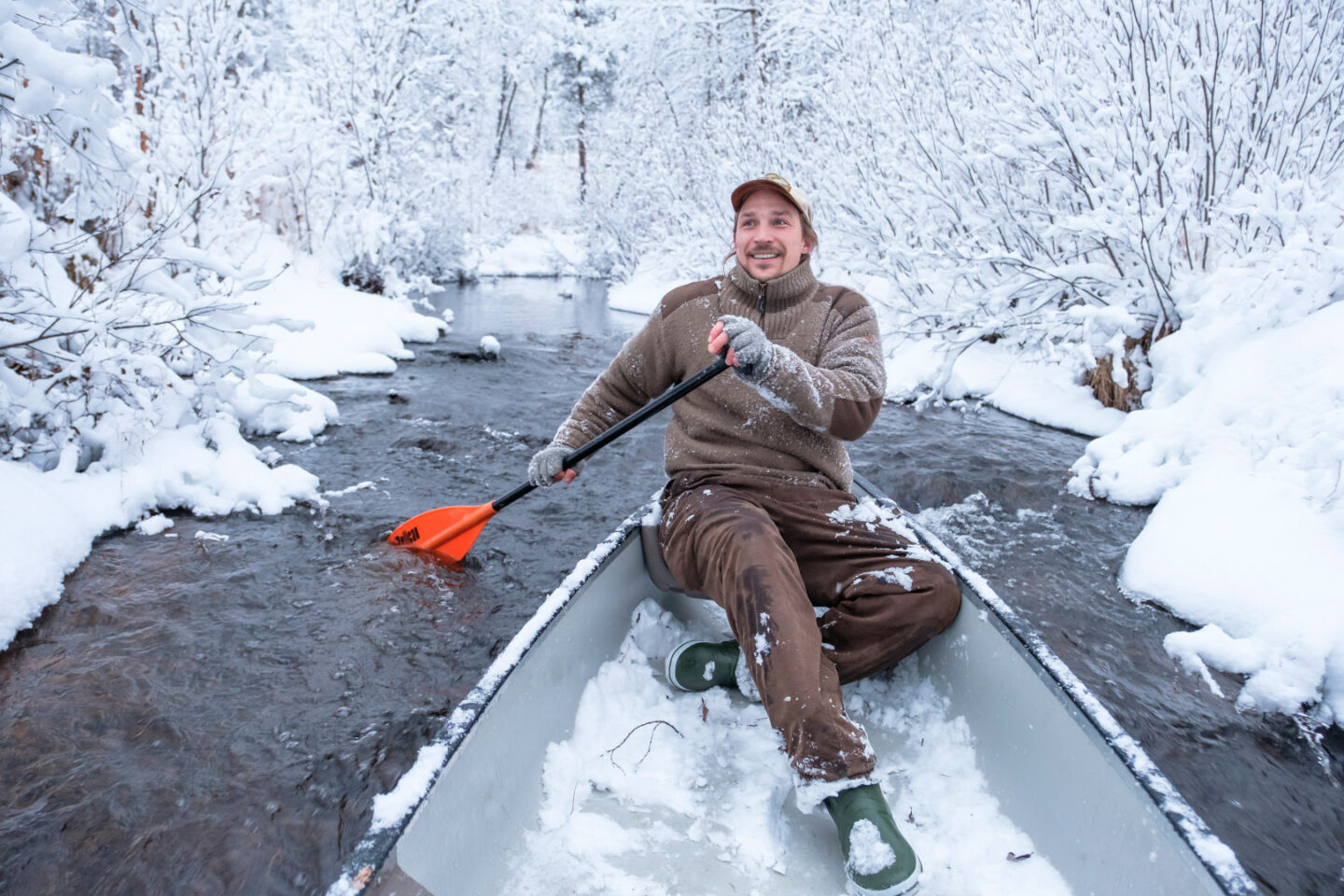You’ve got questions, we’ve got answers! Every year, hundreds of people seek out seasonal work in Lapland: guides, cooks, hotel staff, ski teachers & more. Check out our FAQ!
Curious about what working in Lapland might be like? Want to know about where you can find jobs, what kind and how you’re supposed to survive -20 °C temperatures?* That’s why we put together this comprehensive FAQ, to answer your burning questions and spark your interest.
* Layers, layers, layers and a warm hat
What kinds of seasonal jobs are available?
Guiding, cooking, waiting, cleaning, customer service… you name it! Most of the seasonal jobs are tourism-related, but tourism has a wide impact on the local economy so keep in mind that you may find nice seasonal work outside the obvious companies.
Where can I find seasonal work?
Our new tool Find Your Workplace in Lapland is a great way to discover seasonal job opportunties!
Various private employment agencies and staffing services have tons of jobs listed on their websites in English when recruitment season starts. Notable recruiters in Lapland include Go On, SantaPark and Lapland Staff.
Besides those three, plenty of jobs are also listed on Job Market Finland.
You can also follow companies directly on social media. They often announce on their channels when they’re hiring. There are also lots of jobs not listed in the public portals, so if you find a company you would love to work at, why not send an open application to them?
When should I apply for the high season?
The high season starts in late November and lasts until early March. Of course, people are needed outside the high season and in some fields, like ski resorts, the season is longer.
Companies start hiring during the late summer for the following winter, so it’s better to be safe than sorry and not wait until the season is about to start.
How about permits & visas for work & residence?
Citizens of EU member states, Liechtenstein, Switzerland, Iceland and Norway, do not need a residence permit to stay in Finland. However, you have to register your right of residence if you will stay in Finland for longer three months. Migri, the Finnish Immigration Service, has more information.
Citizens outside of EU/EEA countries require either a work, residence or seasonal permit. For further information, see the Finnish Immigration Service.
What about wages, terms & conditions of work?
Your salary and the terms and conditions of work are based on the collective labor agreement between the employers’ organization and the labor union. The majority of seasonal workers, for example, program service and hospitality industry workers, are under agreements between the Finnish Hospitality Association MaRa and the Service Union United PAM. Your salary will be affected by your previous work experience, language skills and education.
For example, the minimum salary for waiters and waitresses with fewer than two years of experience in a place where alcohol over 5,5% is served is 11,31€/hour and for younger safari guides, with under three years of experience, the minimum salary is 8,70€/hour.
Some other important things about your terms and conditions in those fields are that you are paid by the hour. Sundays and Finnish holidays are paid double, and you are entitled to two days off per week. The time of work is 120 hours (program services) or 112,5 (hospitality industry) every three weeks, averaged across the season. Note: some jobs may be part-time with, for example, 90 hours.
Keep in mind that the labor agreement is collective. In other words, you are entitled to those terms and conditions even if you are not part of the labor union. (But of course you get more benefits if you join a union.) There are only a few fields of work in Finland not under collective labor agreement, but tourism and restaurant businesses are definitely covered.
Also, if you work in Finland temporarily for a foreign company, you are listed as a posted worker. That means that you are also under collective labor agreements and legislation. Read more about Finnish labor legislation from the Ministry of Economic Affairs and Employment.
How can I find a place to stay?
Usually your employer can offer you a place to stay within walking distance to your work place. If not, the employer probably has experience how to help you.
If you have a car, finding an apartment is a lot easier as you can commute. Distances in Lapland may seem long but keep in mind that traffic jams are an unknown concept to us. Even in winter conditions, the rule of thumb is that 50 kilometers on the main roads means 45 minutes by car. Just remember to respect the winter conditions.
The cost of rent depends on whether you live in the city or somewhere remote, and whether you’re sharing accommodation or not. Prices vary greatly, so it’s a good idea to do some research and ask around.
How about the weather?
There is no way around it, winters here are cold and days are short. And that’s when most seasonal workers come to Lapland.
-20 °C is nothing special, but most of Lapland is located far from the sea, so freezing winds are not a problem.
Rovaniemi is located on the Arctic Circle, which means that the sun doesn’t rise above the horizon for one day on 21st of December and daylight lasts only for few hours during December and January. The more north you go, the Polar Night just gets longer. In Nuorgam, the northernmost place in Finland, Polar Night lasts for two months.
If it was just cold and dark, we would probably not stay here either. Electricity and functional heating make life a lot easier, but there is also the indescribable beauty of endless snowbanks and feeling of calm during Polar Night. Of course, we have more describable beautiful things here as well, such as auroras and the fells.
But if you come here for the summer… let’s put it this way: there is no shortage of light. To be more specific: daylight in Nuorgam lasts for two months. So how do we sleep when it doesn’t get dark at all? Put our head on the pillow and sleep. Although we have to admit that heavy curtains or a sleep mask make this a lot easier.
How is life in Lapland?
We got you covered. Check out for more information about our Living in Lapland FAQ or our Tourist FAQ.
What about taxes and fees?
In Finland, you pay taxes based on your income. The more you earn within a year, the higher your tax percentage. On the other hand, if you stay only for few months, your tax percentage will be low for sure.
Besides taxes, social security contributions (around 7%) are automatically deducted from your salary. If you can prove that you pay social contributions in another EU member state (i.e. have a steady job), you can receive an A1 form from your home country which frees you from social security contributions in Finland.
For more infomartion, go to the Tax Administration.
How do I get here for seasonal work?
Easily. Even though we are little off the well-beaten path, logistics here work really well.
We have several airports (Kemi-Tornio, Rovaniemi, Kittilä, Enontekiö, Ivalo) and the rail goes beyond Rovaniemi to Muonio and Kemijärvi.
Flight time from Helsinki to Rovaniemi is around 1,5 hours, and a train ride for the same trip takes 8-9 hours. (We highly recommend the night train, especially in summer.)
Buses to Lapland and within Lapland are an option as well. They are also likely the least expensive way to get here. Bus lines in Lapland work well, especially if you need to get somewhere along the main roads or to ski resorts, but the frequency may not be the same as in southern Finland. For train tickets, go to VR. Bus tickets can be found at Matkahuolto. There is even a direct busline from Helsinki all the way up to Levi Ski Resort in Kittilä.
If you want to bring your own car to Finland, you can either take the ferry from Stockholm or Tallinn to Turku or Helsinki and drive to Lapland. Another option is to drive all the way up through Sweden and cross the border from Tornio or even further north from there.
In most cases, your employer does not cover expenses to get to Lapland.
Additional questions?
Didn’t find the answer to your question? Try our Living in Lapland FAQ, Lapland Staff’s FAQ or just hit us up!



